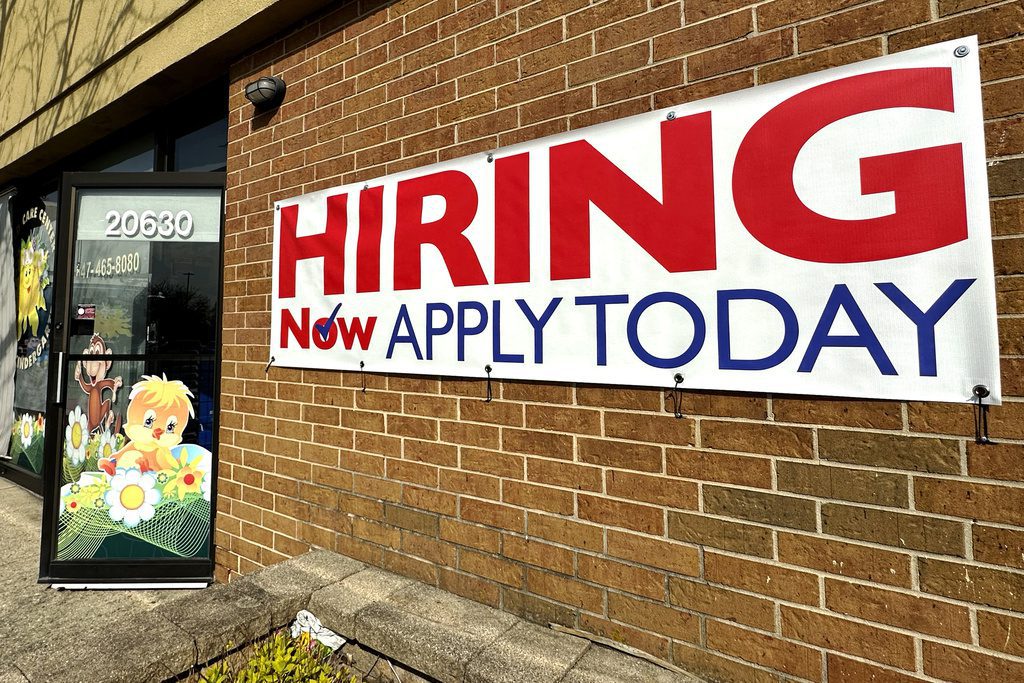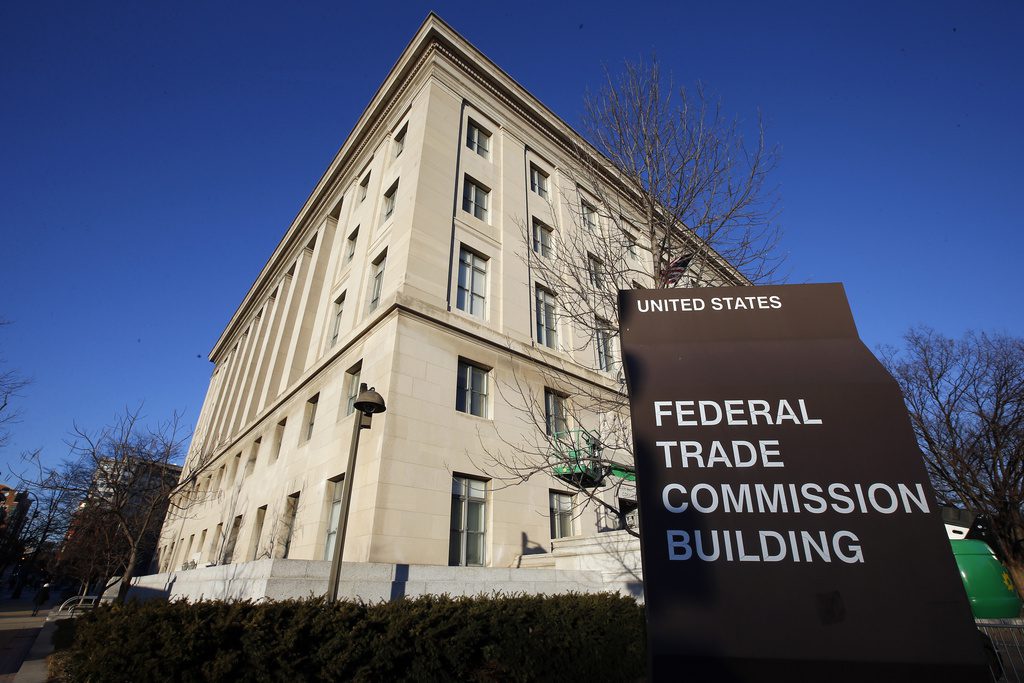
Assembly Republicans go their own way in passing a bill to share state revenue. Senate Republicans are likely to make more changes, with no guarantee Gov. Evers will sign a version that isn’t negotiated jointly.
The leaders of cash-strapped cities, towns, and counties have for years asked the state government to fix a long-broken program for sharing state revenue and give them more money to help cover basic services, such as law enforcement, fire protection, and transportation.
On Wednesday, some of these local officials could only watch as Assembly Republicans rammed through a partisan plan that marginally boosts the level of local aid, but imposes restrictions on how that money can be spent and short-changes Milwaukee, the state’s biggest city.
This won’t be the final version of a shared revenue makeover, as both Gov. Tony Evers and state Senate Republicans will insist on changes. The result will be a negotiated package–or no change at all, even with the state having a record $7 billion surplus.
In a 56-36 vote, GOP lawmakers passed a bill that would provide local governments with at least 15% more in shared revenue funds, except for the city and county of Milwaukee, which would see a 10% increase, but could ask voters for more using a referendum.
The funds for local governments come with strings attached, however, as Republicans insist that those funds can only be used for police and fire protection, emergency medical services, emergency response communications, public works, and transportation.
Democratic Gov. Tony Evers had sought a far more expansive proposal that would have boosted aid to local governments by $500 million by sharing part of the state’s record $7 billion surplus with local units of governments. Both the Evers and Republican plans use state sales tax collections as the funding source, something that would rise or fall with the economy.
The vote came hours after Evers released a statement, expressing optimism about behind-the-scenes negotiations with Assembly Speaker Robin Vos (R-Rochester) and Senate Majority Leader Devin LeMahieu (R-Oostburg).
But by late afternoon, Vos declared he was “done negotiating” and that Republicans would pass their own bill, which makes only minor modifications to a prior proposal that Evers had vowed to veto.
The bill is separate from the state budget and has no deadline to pass, leaving questions as to why Vos would break up talks and pass a bill with little chance of being signed by Evers. Senate leadership was also silent, indicating Republicans may have more debating to do among themselves before deciding if the current bill will go to Evers.
What is Shared Revenue? And Why Do Municipalities Need More Money?
Shared revenue is the description given to state tax dollars that are sent back to local governments to help share in the cost of essential services. It has become a much more complex formula than the original arrangement in 1911, when the state sent 90% of income tax revenue back to counties and municipalities.
The total amount sent back to municipalities has been stuck under the $900 million mark since the early 2000s, even though state revenue has grown more than twice as much as local revenue since 2010.
The new plan voted on by the Assembly on Wednesday removed some of the more onerous stipulations, including language that would have essentially created quotas for local law enforcement to write tickets and make arrests. Others remain, including a ban on local advisory referendums—which enabled communities to show support for ideas like fair electoral maps and legalized marijuana—and a requirement that the city of Milwaukee could only gain the ability to levy a new sales tax if it passed in a referendum.
Republicans would also put an obstacle in the way of future purchases under the state’s Knowles-Nelson Stewardship Program, which provides a way for landowners to sell land to the state or local governments or non-profit organizations in order to preserve natural areas and wildlife habitat, expand opportunities for outdoor recreation, and maintain sustainable forestry.
The new mandate, which would only apply to areas north of US Highway 8, would require local government approval for proposed sales, creating a new hurdle for landowners that could make it more likely they would feel forced to sell to a private buyer who would develop the land for profit rather than maintain its more natural uses.
What’s Next?
Evers’ spokesperson Britt Cudaback said the governor had not signed off on any changes and looked forward to continuing negotiations, which he previously said he expected to take weeks longer. A spokesperson for LeMahieu did not immediately return a message seeking comment.
When the bill was brought to the Assembly floor Wednesday evening for debate, Minority Leader Greta Neubauer (D-Racine) said it “doesn’t cut the mustard.”
“We need to go back to the negotiating table,” Neubauer said.
The Associated Press contributed to this story.
Politics

Biden administration bans noncompete clauses for workers
The Federal Trade Commission (FTC) voted on Tuesday to ban noncompete agreements—those pesky clauses that employers often force their workers to...

Opinion: Trump, GOP fail January 6 truth test
In this op-ed, Milwaukee resident Terry Hansen reflects on the events that took place on January 6, the response from Trump and other GOP members,...
Local News

Readers Poll: Top Bowling Alleys in Wisconsin
Looking for the best bowling in Wisconsin? Look no further! Our readers have spoken in our recent poll, and we have the inside scoop on the top...

8 Wisconsin restaurants Top Chef judges are raving about
Top Chef’s 21st season is all about Wisconsin, and on-screen, it’s already apparent that the judges feel right at home here. But, while filming in...




